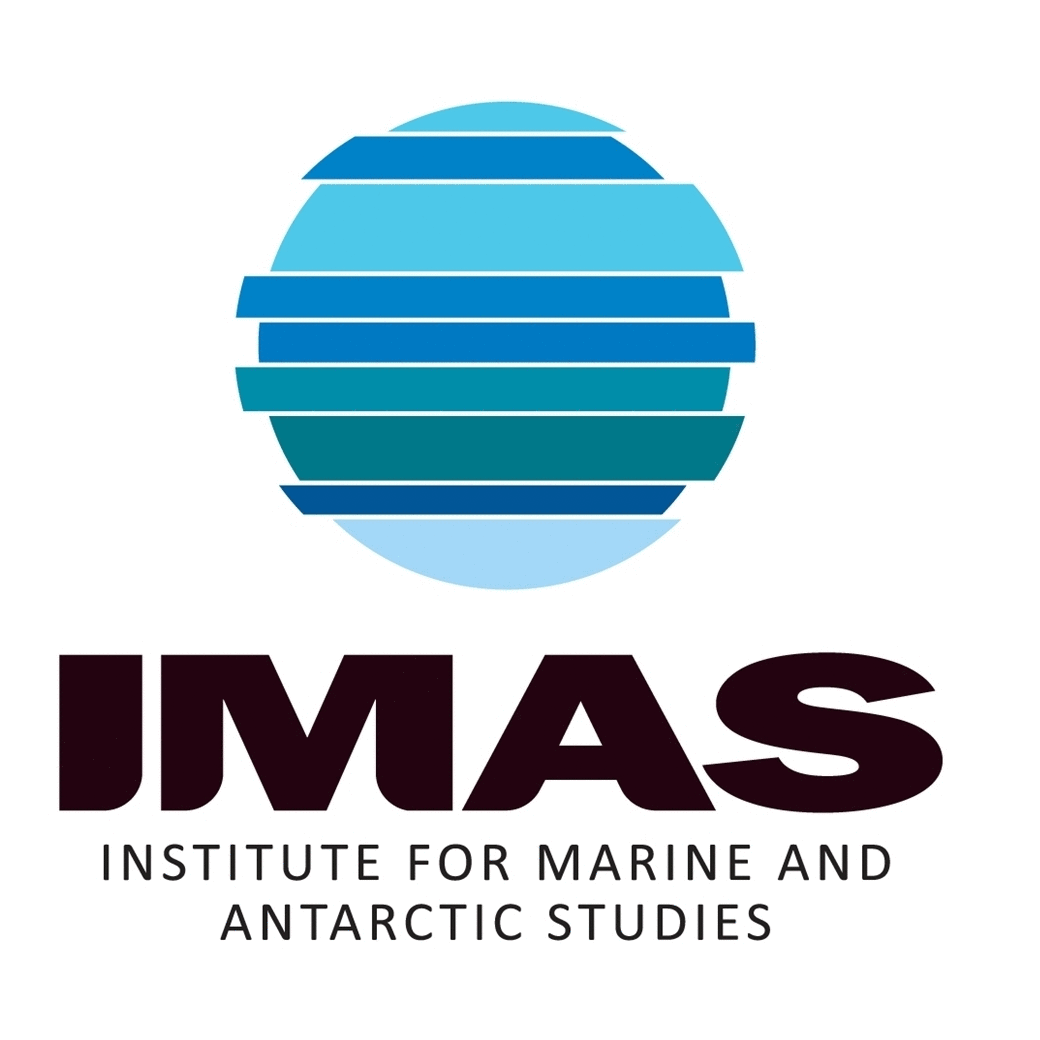ECOSYSTEM FUNCTIONS
Type of resources
Topics
Keywords
Contact for the resource
Provided by
Years
-
Ecosystems provide numerous services and benefits to society. While historically overlooked, these services are increasingly recognized and are now being mapped and accounted for. There are several approaches to mapping and evaluating these ecosystem services. In this report, we use two increasingly common approaches, Ocean Accounting and Welfare Economics, to evaluate ecosystem services for the Great Southern Reef. The Great Southern Reef is a network of rocky reefs dominated by temperate algal forests known as kelp. It spans over 8,000 Km of coastline and supports two thirds of the Australian population. Despite its presumed importance, there has been little work quantifying the extent and value of the ecosystem services provided by the Great Southern Reef. Through a systematic review we assessed the current state of knowledge of the ecosystem services provided by the Great Southern Reef. Using the Common International Classification of Ecosystem Services (CICES) framework, we created an overview of the ecosystem services (provisioning, regulating, and cultural) provided by the Great Southern Reef in New South Wales, Victoria, Tasmania, South Australia, and Western Australia. We then created metrics to quantify how these services benefit coastal societies in these five states. Highlight summaries include over 17 million Australians who live within 50 Km of the reef, 26 wild seaweed harvest companies, 115 tourism SCUBA operators, 1436 mapped dive sites, 18 million tourist visits each year, 16 temperate marine biology university programs, 43 books and films, key medical products, 23 tons of harvested seaweed, 1116 grams of carbon per m2 used for growth each year, 2,361 peer-reviewed scientific publications from 1976 to 2022, 186 marine protected areas, 2.16 million recreational fishers, and over 28 commercial fisheries with 20,000 tons of biomass taken each year. We then conducted economic evaluations using these biophysical values and the available information. Using a variety of approaches, we found that the total economic value of the Great Southern Reef was $11.56 billion each year. Individually the values were as follows, commercial fishing (producer surplus - $33.2 million), carbon sequestration (avoided damages - $37.8 million), nutrient cycling (avoided damages - $6,484 million), recreational fishing (consumer surplus - $1,668 million), diving and snorkelling (consumer surplus - $403 million), other recreational activities (consumer surplus $1,836 million), and the existence value (consumer surplus - $1,096 million).
-

This record provides an overview of the NESP Marine and Coastal Hub scoping study - "Research needs for a national approach to socio-economic values of the marine environment". For specific data outputs from this project, please see child records associated with this metadata. -------------------- Effective management of natural resources and biodiversity requires an integrated understanding of the complex relationships between people and nature. This project reviewed a range of socio-ecological frameworks to identify which system components influence environmental outcomes, and which are most relevant for policy design and behaviour change. A key point of difference from previous NESP Marine Biodiversity Hub projects was an additional theme on implementation pathways, enabling research to inform the full progression from policy to on-ground action. Through a co-design process with stakeholders, the project identified priority social and economic research needs and assessed the availability of relevant datasets to meet them. A key outcome was the identification of three common decision contexts faced by managers—monitoring, trade-off analysis, and promoting behaviour change—and the matching of appropriate frameworks and data to each context. The findings highlight critical data gaps, while providing practical guidance on how existing information can be strategically used to inform management and policy decisions. Outputs • Inventory of compiled datasets relating to relevant economic values, threats, and socioeconomic values for Case Study locations [data inventory] • Four fact sheets, each based around common decision contexts encountered by the project [written] • Final Project Report [written]
 IMAS Metadata Catalogue
IMAS Metadata Catalogue